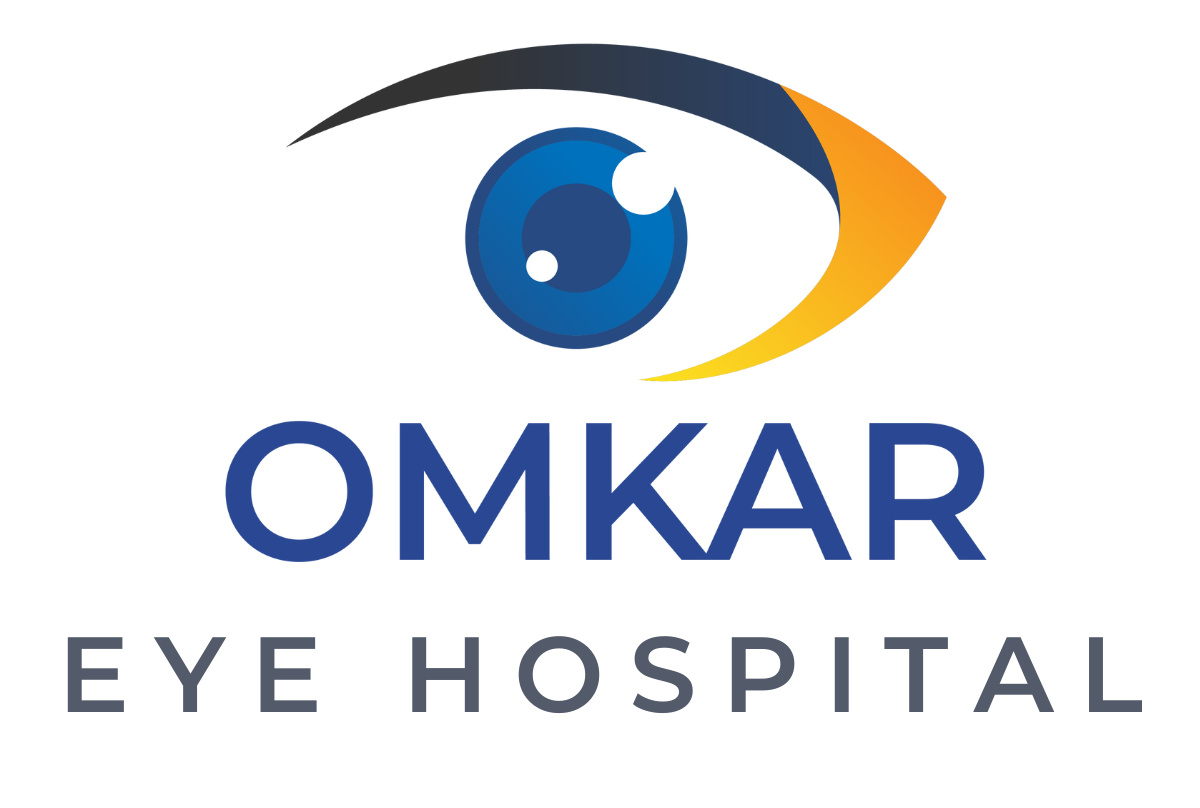Ever caught yourself or someone you know with eyes that don’t seem to look in the same direction? That’s squinting, or strabismus, a common condition where the eyes are misaligned, making it look like they are pointing in different directions. While this may sound alarming, squint eyes are more common than you might think. The good news? With the right treatment, squinting can be corrected, giving your eyes the harmony they deserve!
If you’ve been wondering what causes squinting, the types of squints, and the therapies available, we’ve got you covered. Let’s dive into everything you need to know!
What Causes Squinting?
Squinting happens when the muscles around the eyes don’t work properly, causing them to move in different directions. There can be a variety of reasons behind squinting, including:
- Genetics: Some people are born with squinting tendencies due to inherited conditions.
- Nerve or Muscle Problems: The muscles controlling eye movement can sometimes be weak or imbalanced, leading to misalignment.
- Vision Issues: Poor vision, especially in one eye, can cause the other eye to shift out of alignment.
- Health Conditions: Conditions like cerebral palsy or brain injuries can also result in squinting.
Types of Squinting
Not all squints are the same! Here’s a look at the different types of squinting:
- Esotropia: This is when one or both eyes turn inward, toward the nose. It’s most commonly seen in children but can also affect adults.
- Exotropia: The opposite of esotropia, this is when one or both eyes turn outward, away from the nose.
- Hypertropia: This occurs when one eye turns upward, which may affect the ability to focus on objects at different heights.
- Hypotropia: In this type, one eye turns downward, which can make tasks like reading or focusing on the ground a challenge.
Symptoms of Squinting
Squinting may not always be obvious, but there are key symptoms to watch out for:
- Misaligned Eyes: The most apparent sign of squinting is when the eyes appear to point in different directions.
- Double Vision: People with squints often experience double vision because their eyes are not working together.
- Eye Strain or Fatigue: People with squints might feel eye strain when trying to focus on objects for long periods.
- Head Tilting or Covering One Eye: Some individuals might tilt their head or cover one eye to see better.
- Poor Depth Perception: Squinting can interfere with judging distances, which affects coordination and balance.
Treatment Options for Squinting
The good news is that squinting can be treated with various therapies, ranging from simple corrective measures to surgery, depending on the severity.
- Eye Glasses or Contact Lenses: In some cases, vision problems are the root cause of squinting. Eye glasses or contact lenses can help correct the vision issue, allowing the eyes to work together properly.
- Vision Therapy: Vision therapy is a non-surgical treatment that involves a series of eye exercises designed to improve coordination and strengthen the eye muscles. It can be very effective for squints caused by muscle weakness or coordination problems.
- Prism Lenses: For people with double vision due to squinting, prism lenses in glasses can help by bending light entering the eyes, reducing the misalignment of the eyes, and improving vision.
- Botox Injections: Botox can be injected into the eye muscles to temporarily weaken them and help realign the eyes. This method is often used as a stepping stone before surgery or as a less invasive alternative.
- Squint Surgery: In more severe cases, surgery might be required to adjust the position of the eye muscles. During the procedure, the eye muscles are either tightened or loosened to correct the alignment, improving the eyes' coordination.
How Can an Eye Hospital Help?
If you or a loved one is struggling with squinting, it's important to seek expert help from an eye specialist. Qualified ophthalmologists at a reputable eye hospital will be able to assess the condition, determine the cause of the squint, and recommend a treatment plan tailored to your needs.
Whether it’s through corrective lenses, specialized therapy, or advanced surgery, an eye expert has the expertise and technology to provide you with the best care and help you regain perfect eye alignment.
Squinting doesn’t have to be a lifelong concern. With the right treatment, you can achieve balanced, aligned vision that enhances your quality of life. From simple corrective measures to advanced surgeries, there are plenty of options available.
So, if you are noticing any signs of squinting, don’t wait — visit an eye hospital in Chinchwad and get the help you deserve! Your eyes deserve to shine with confidence!


